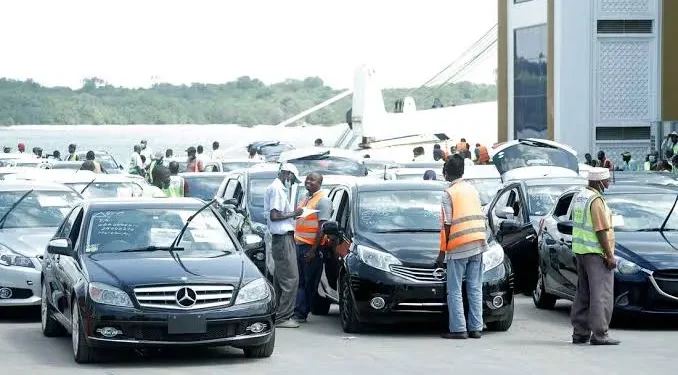At the beginning of 2019, the Kenyan Government unveiled plans for a National Automotive Policy, sparking significant debate and concerns within the automotive industry. The proposed policy aimed at bolstering locally assembled vehicles introduced changes, particularly targeting the importation of used fully built commercial vehicles and phased restrictions on used passenger vehicles.
The Policy’s Objectives
According to the draft, the policy’s primary objective was to reduce the importation of used vehicles, providing a favorable environment for local manufacturers to assemble and manufacture affordable vehicles for diverse domestic market segments. The strategy included a phased-out plan, progressively reducing the age limit of imported passenger vehicles, ultimately reaching zero in 2023.
Controversial Implications
While the policy aimed at promoting local vehicle assembly, it triggered concerns and opposition from various stakeholders, citing potential adverse effects on the automotive industry, economy, and employment. The proposed changes were expected to result in:
Limited Choice and Affordability Challenges
The policy would restrict vehicle options in the market, leading to affordability challenges for a significant portion of the population.
Job Losses Across the Industry
The ripple effect on the used car trade would lead to job losses in various sectors, including used vehicle dealers, delivery drivers, Container Freight Stations (CFS), RoRo shipping agencies, and clearing agents.
Economic Impact on Kenya Revenue Authority
The government risked substantial revenue loss as the used car importation industry contributes significantly to tax revenue. Falling short of revenue targets could pose challenges for the country.
Rising Prices of Used Cars
With reduced supply due to import restrictions, used car prices were expected to rise, impacting consumers’ ability to afford vehicles.
Industry Response and Suspension of Policy
The automotive industry expressed strong opposition in response to the proposed policy changes. Stakeholders, including the Kenya Auto Bazaar, took proactive measures, such as full-page advertisements and protests, to communicate their concerns. The Ministry of Industry, Trade, and Cooperatives advertised to validate the draft policy in April 2019. However, due to significant protests from car dealers, the validation process did not proceed.
Following widespread resistance, the government, through the Kenya Bureau of Standards (KEBS), suspended its push to change the age limit for car importations on May 7, 2019. This decision relieved industry players and preserved the status quo, maintaining an 8-year age limit for imported vehicles.
Future Considerations
While the suspension provides a reprieve, the automotive industry remains vigilant, anticipating potential policy revisions. The government’s emphasis on supporting local manufacturing is acknowledged, and stakeholders advocate for a comprehensive approach that considers public participation and infrastructure development to facilitate local motor vehicle production.
Conclusion
The debate surrounding Kenya’s automotive policies reflects the delicate balance between promoting local industries and ensuring the sustainability and affordability of the automotive market. The industry awaits further developments, emphasizing the need for a collaborative approach that aligns with economic objectives and public interests.
Original Article: https://www.auto-kenya.com/kenya-car-age-limited-changes-used-car-ban/




